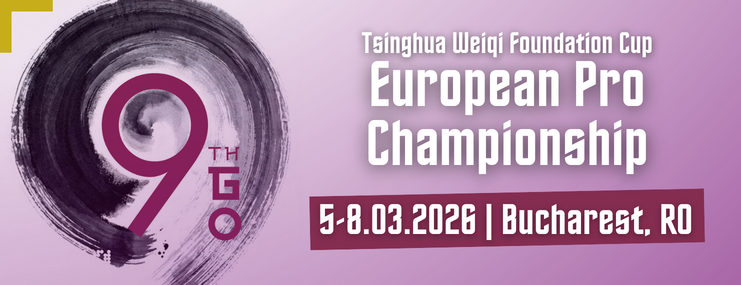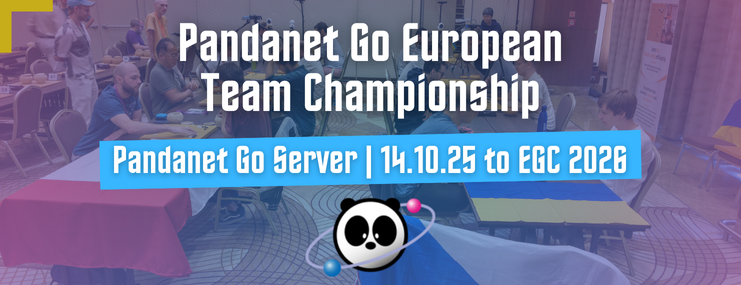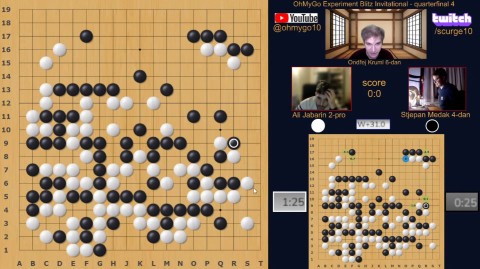A New Form of Go Entertainment
Nowadays, it is common for Go tournaments to be broadcast on online servers, often accompanied by live commentary. Whilst enjoyable, this is slow-paced and requires a dedicated audience to watch it in full. The recent success of Speed Chess tournaments made the OhMyGo team (myself and Franta Caha) wonder if fast-paced Go entertainment could be possible as well. This idea led to the creation of the OhMyGo Experimental Blitz Tournament, and as it reaches the semi-final stage, we’re excited to share it with you.The Concept and Format
The primary goal of this tournament is to create an exciting competition for players while delivering an entertaining viewing experience. Being a blitz tournament, the commentary focuses more on entertainment rather than commenting on every move, similar to a football match broadcast. This is why the stream includes a secondary board displaying the AI's analysis of the current position.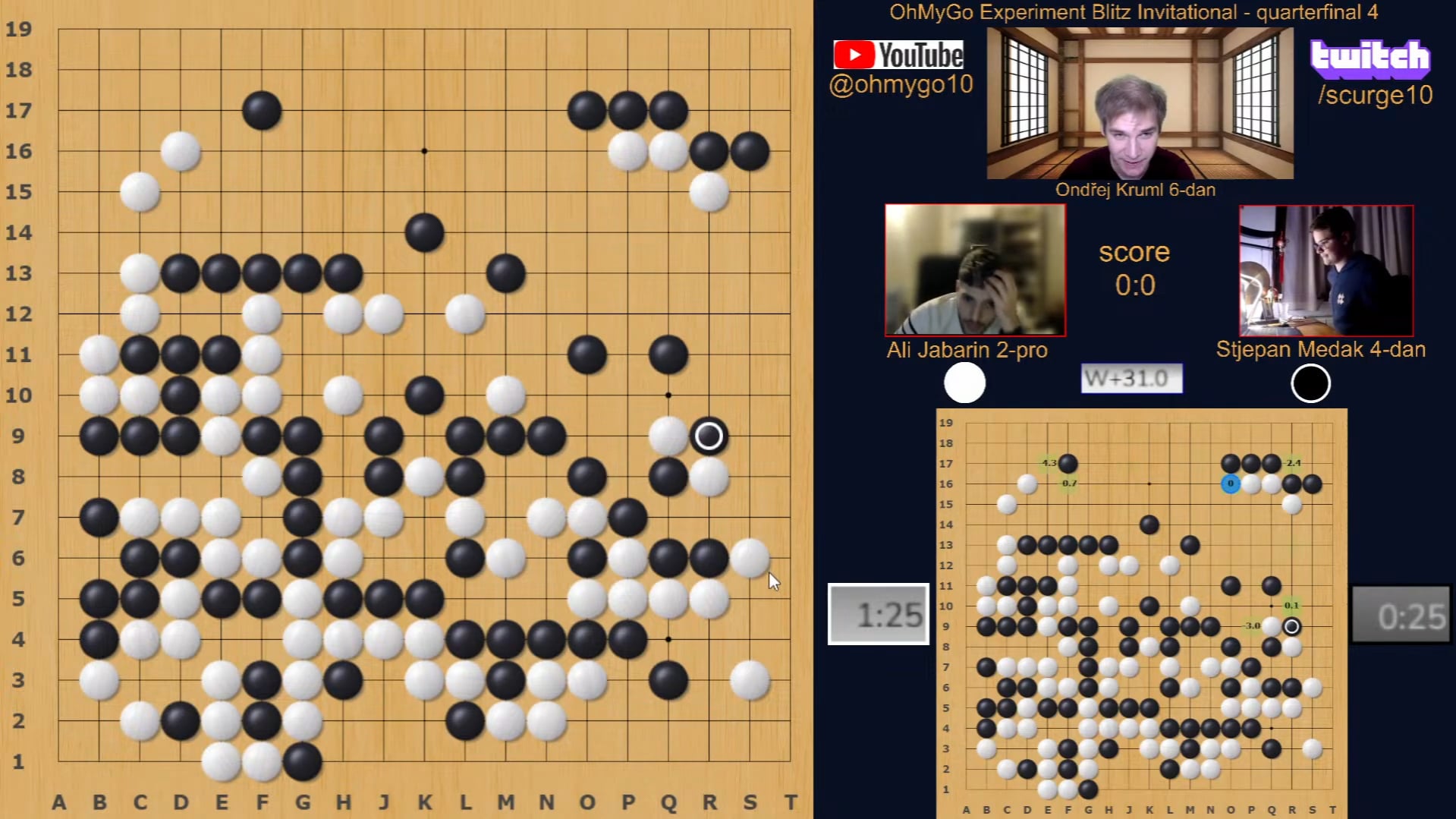
Inspired by Speed Chess, we designed a format with up to five games per match, each using Fischer time controls that progressively speed up:
Game 1: 5 minutes + 7 seconds increment
Game 2: 4 minutes + 6 seconds increment
Game 3: 3 minutes + 5 seconds increment
Game 4: 2 minutes + 4 seconds increment
Game 5: 1 minute + 3 seconds increment
As this is a trial run with a prize pool of €400, we invited participants informally, focusing on young talents and familiar players. The 8 chosen players would battle in a single elimination bracket.
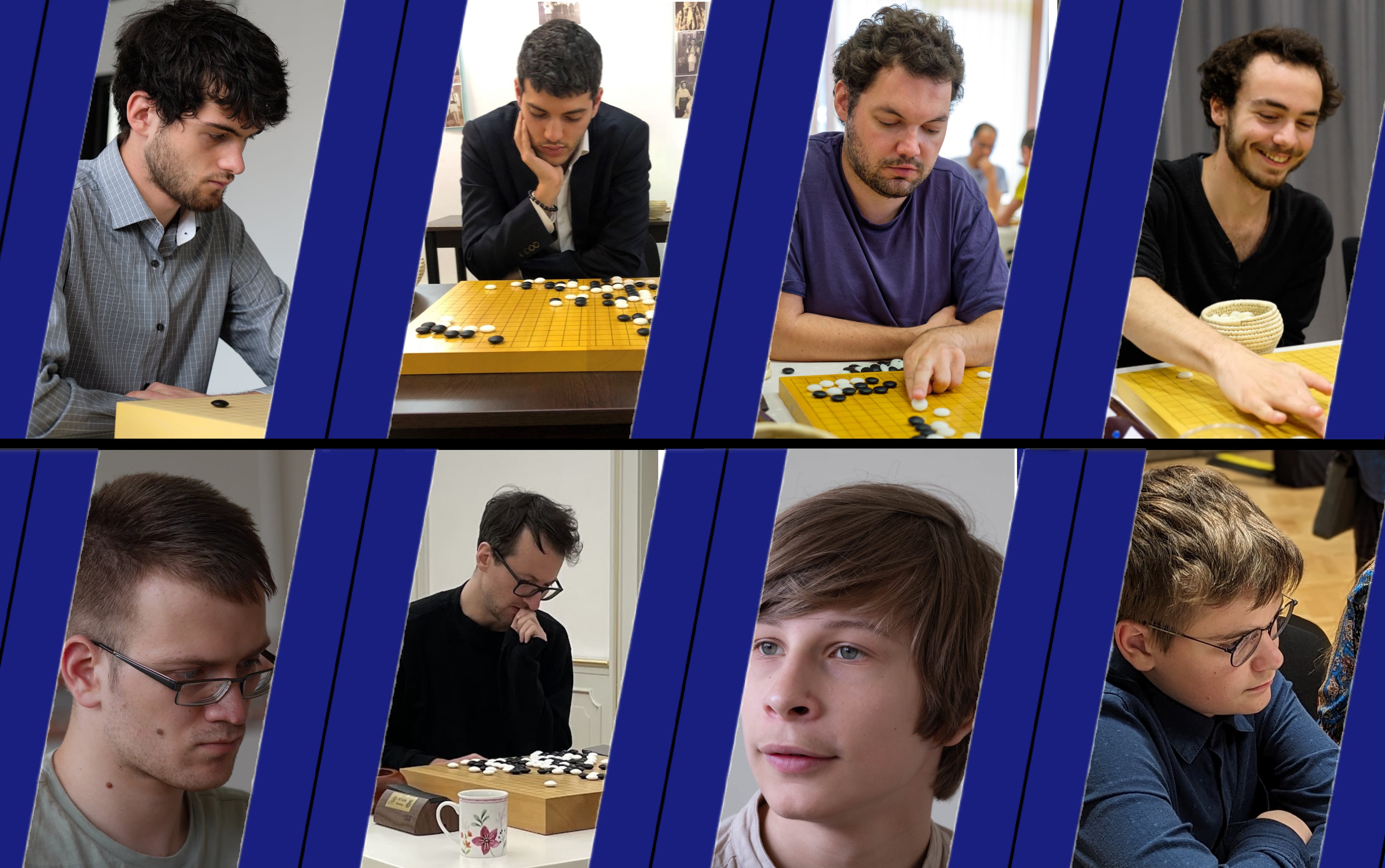
Results and Game Highlights
The results and dates of future matches can be seen in the image below. If you are interested in the stream recordings you can visit the live broadcast section of the OhMyGo YouTube channel.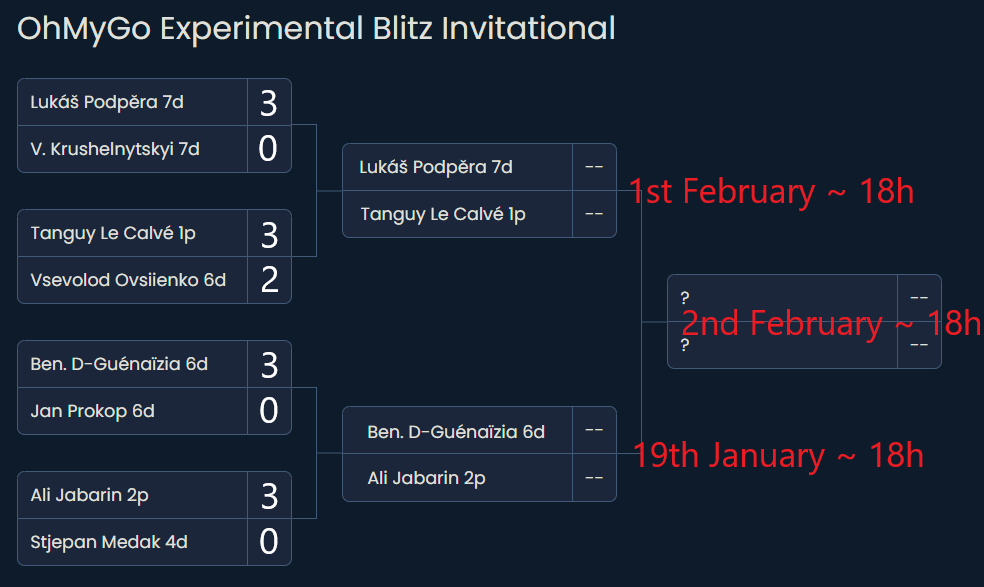
The matches have been thrilling, particularly the intense battle between Tanguy and Vsevolod. With his back against the wall Tanguy played the “Black Hole Fuseki” in Game 4 and his personal invention (or so I believe) “The Rat Fuseki” in game 5, starting with moves on the second line. The other matches ended with convincing 3:0 victories, but they still had many exciting moments, with some games hanging by a thread.
Upcoming Matches [updated]
Semifinal 1: Ali Jabarin 2p vs. Benjamin Dréan-Guénaïzia 7dSunday, January 19th at 18:00 CET - stream starts at 17:45
Semifinal 2: Lukáš Podpěra 7d vs. Tanguy Le Calvé 1p
Saturday, February 1st at 18:00 CET - stream starts at 17:45
Final: Ali Jabarin 2p vs Lukáš Podpěra 7d
Sunday, February 2nd at 18:00 CET - stream starts at 17:45
You can follow the games on online-go (OGS) or you can tune in to one of the streams:
YouTube: https://www.youtube.com/@OhMyGo10
Twitch: https://www.twitch.tv/scurge10
Technical Challenges
We encountered several technical difficulties, notably with Fischer time settings. Not many Go servers allow this time setting, therefore we opted for online-go.com (OGS).OGS has quite restrictive time options and there was a server update just before the third quarterfinal that disabled some settings we wanted to use. Fortunately, we managed to reach the site’s support and even though it was Christmas time, they released an update that restored the desired settings.
Another challenge was streaming. While promoting the tournament, we realized that streaming on both YouTube and Twitch would help us reach a larger audience. Streaming on two platforms proved technically challenging, so we used a service called Restream.io, which redirects streams to multiple platforms. Unfortunately, unlike streaming directly on YouTube or Twitch, any connection drop with Restream.io causes the stream to go offline for several minutes. As a result, some streams were affected by these interruptions.
For the upcoming semifinals and finals we came up with a new system. I will be streaming on YouTube and a second person will stream the YouTube stream on Twitch. There is actually only a 3 second latency, so this solution is doable and there is a low risk of disruptions.
Reflecting on the Format
While the current format offers fast-paced games, I wonder if the final game (1 min + 3 sec) might be too fast. An alternative could be introducing a slower 6 min + 8 sec game, though this would prolong the match duration. Interestingly, player feedback favours the faster time controls.A friend suggested a more varied structure:
1 Slow Game: 10 min + 10 sec (worth 3 points)
2 Midrange Games: 5 min + 5 sec (worth 2 points each)
3 Blitz Games: 1 min + 4 sec (worth 1.5 points each)
This structure introduces more variety, and since the slower game is less random, it’s worth more points than the faster games. We will probably run a showcase match with a similar setting during the year.
We Value Your Feedback
We understand this type of stream may not appeal to everyone, but our goal isn’t to replace traditional slow-paced streams, only to offer an alternative.We are eager to hear what you think of the tournament and are open to new ideas! Hopefully there will be a bigger edition of the tournament in the future, so we really want to figure out what the best system is!
Thank you for your help, looking forward to seeing you on the stream!
For eurogofed - Ondrej Kruml.





